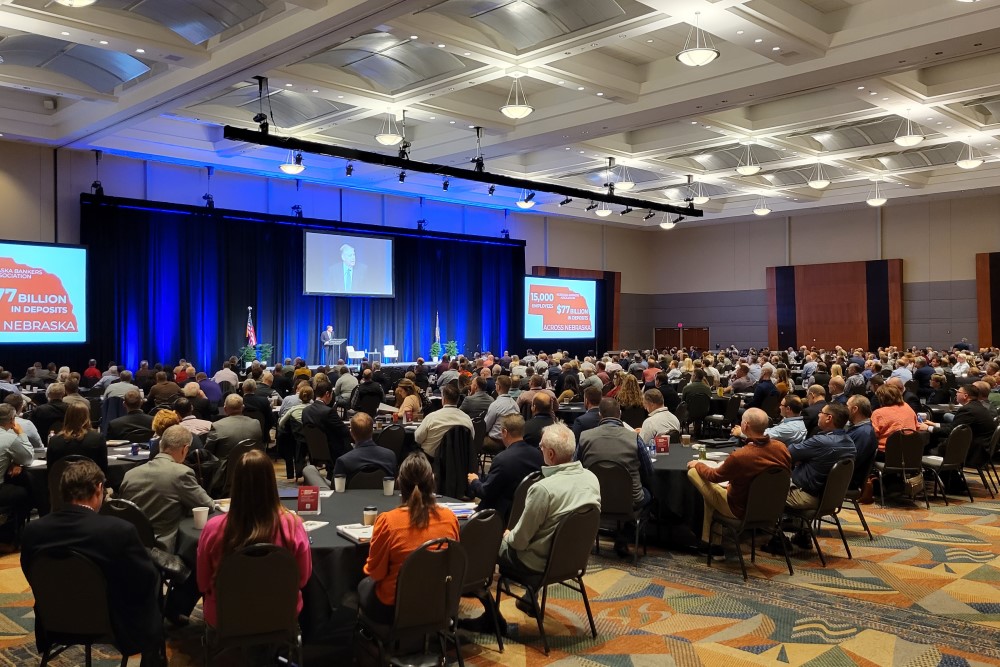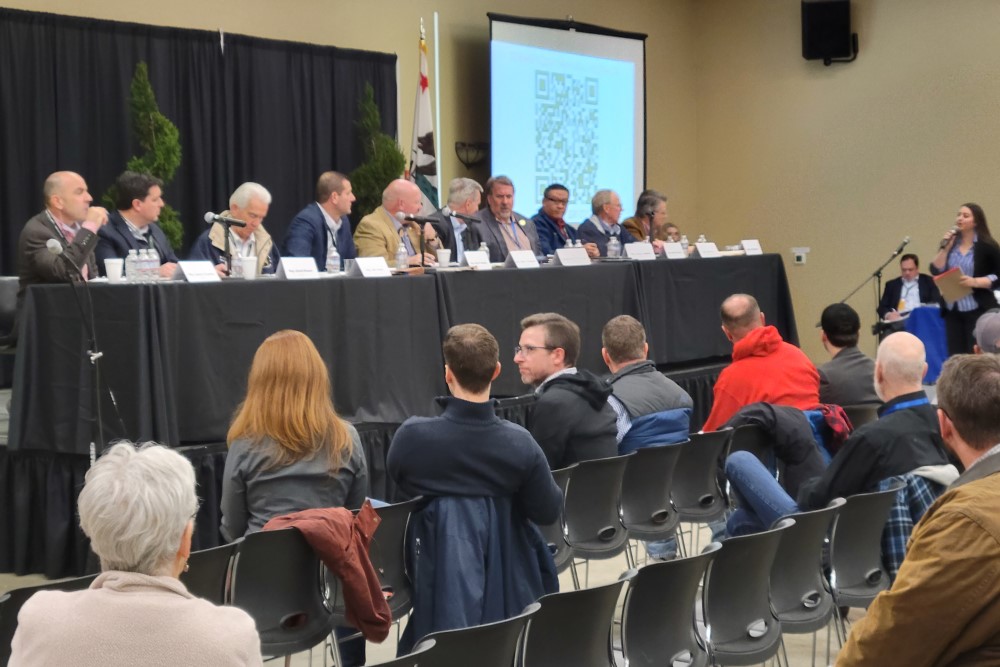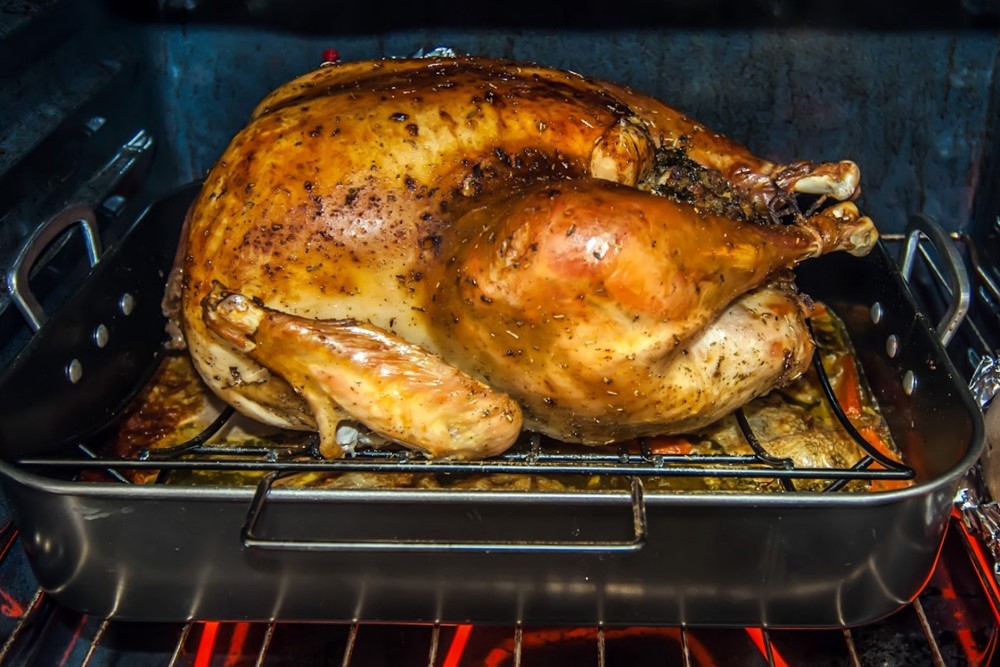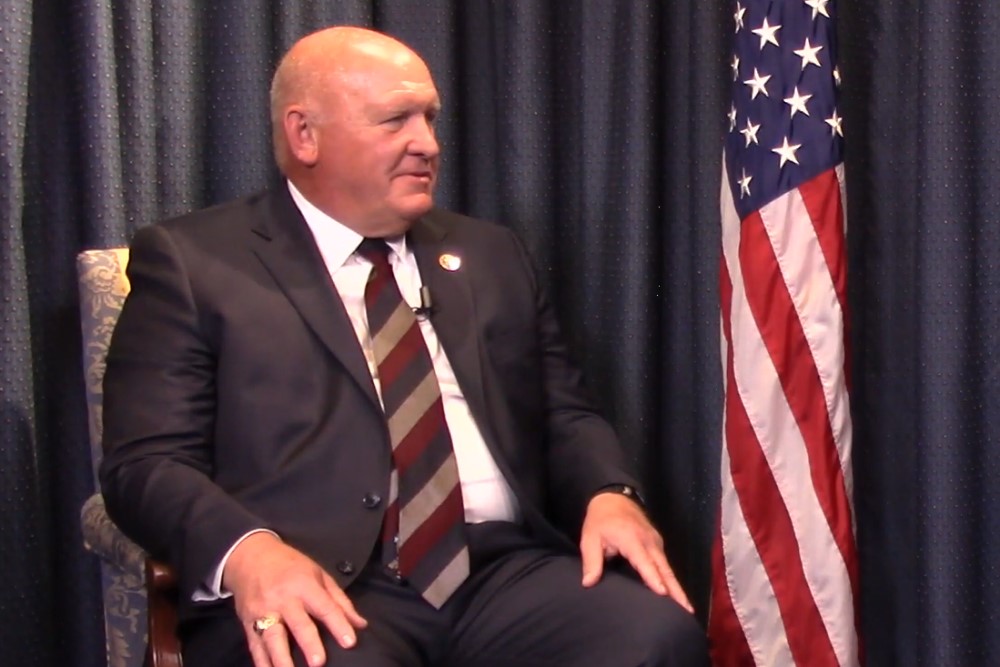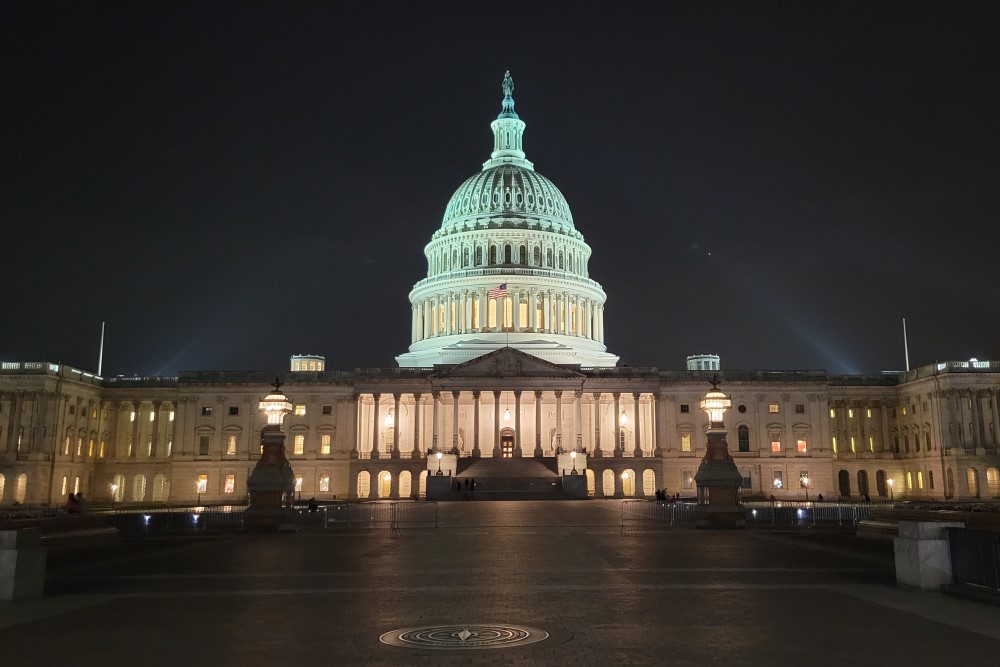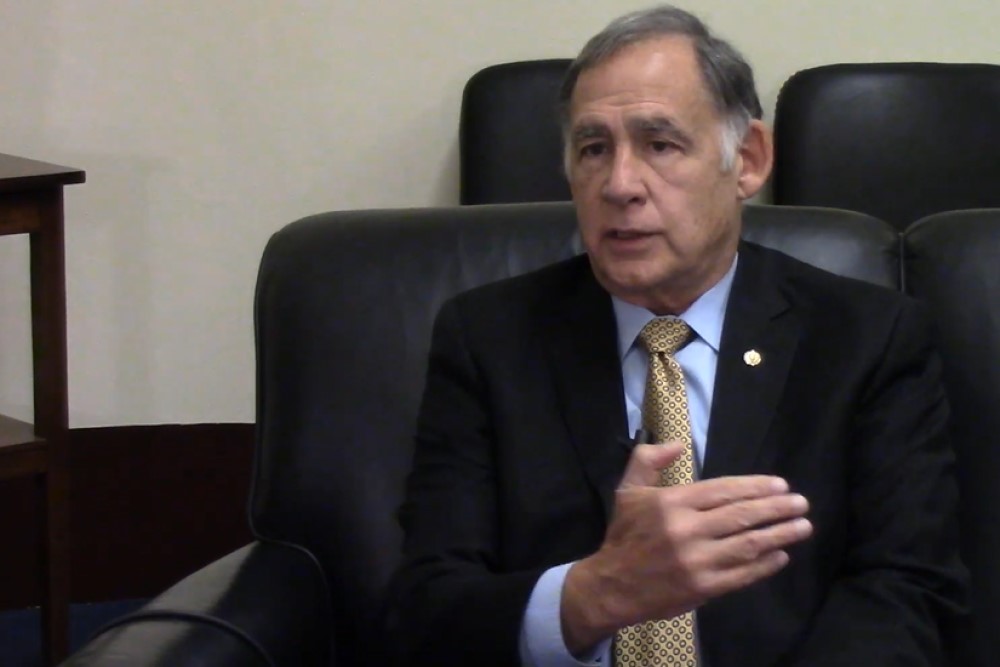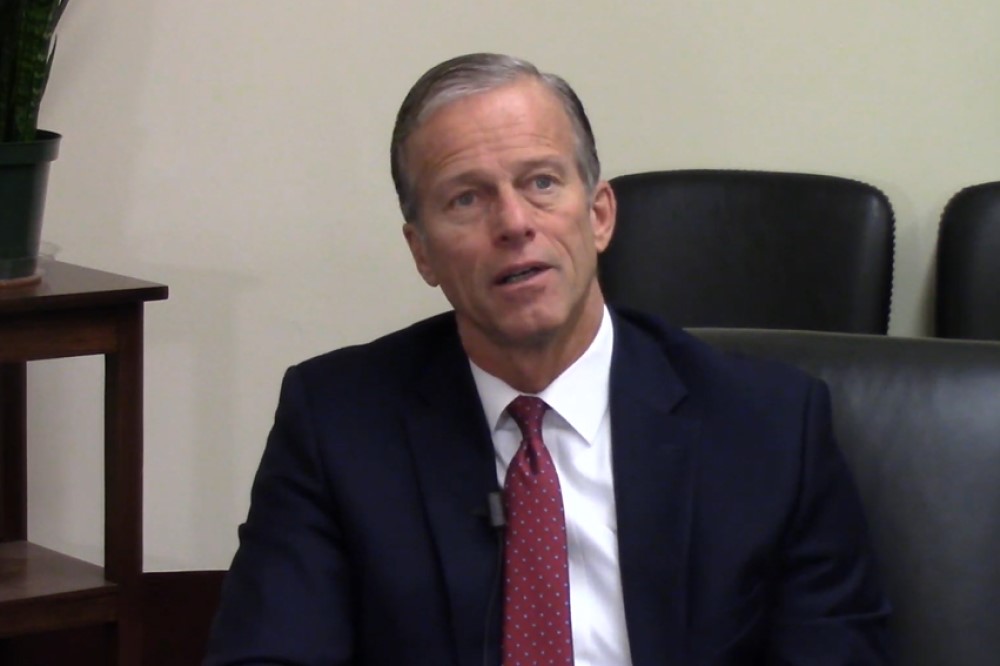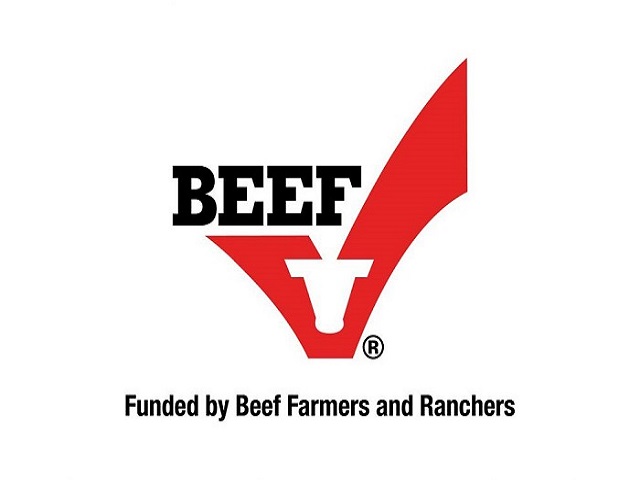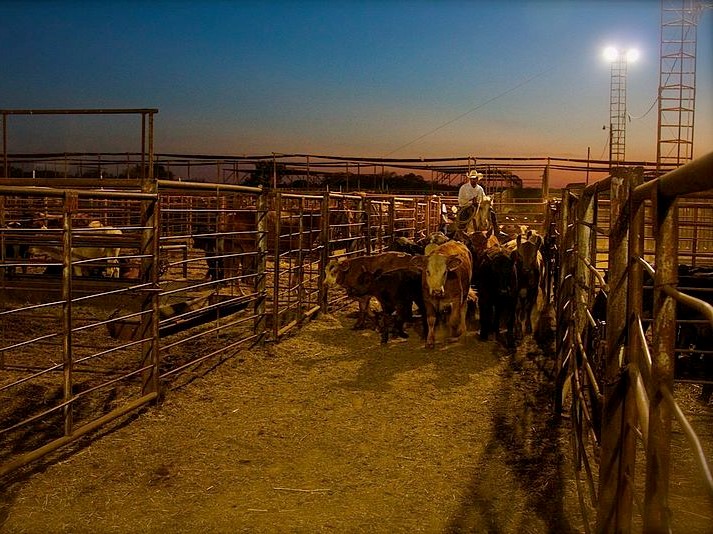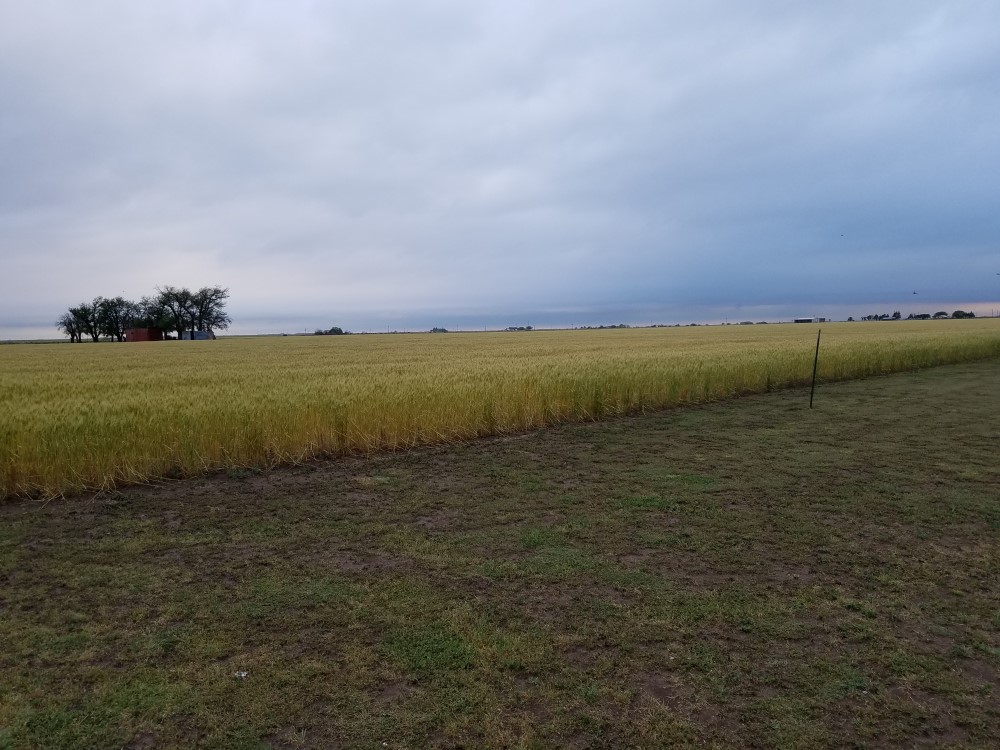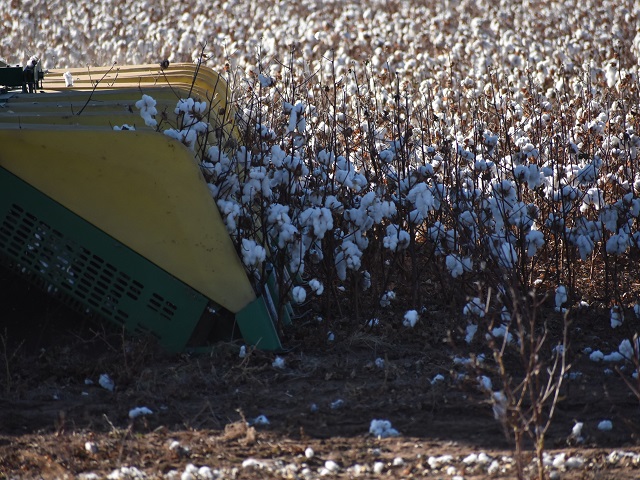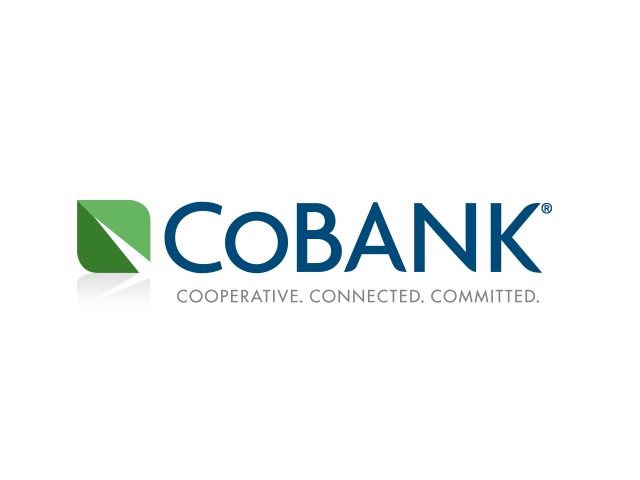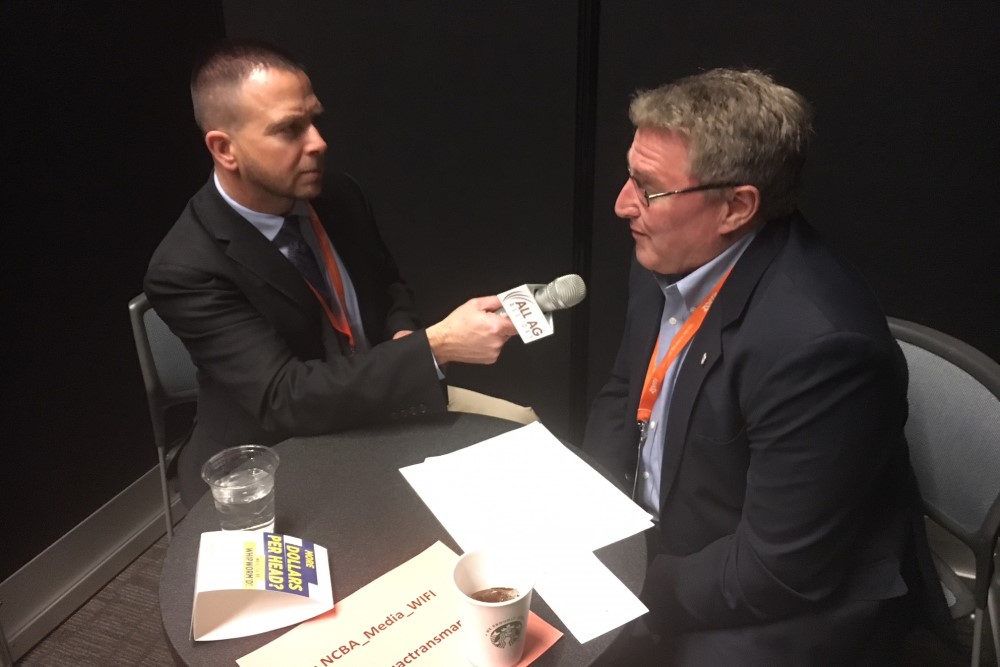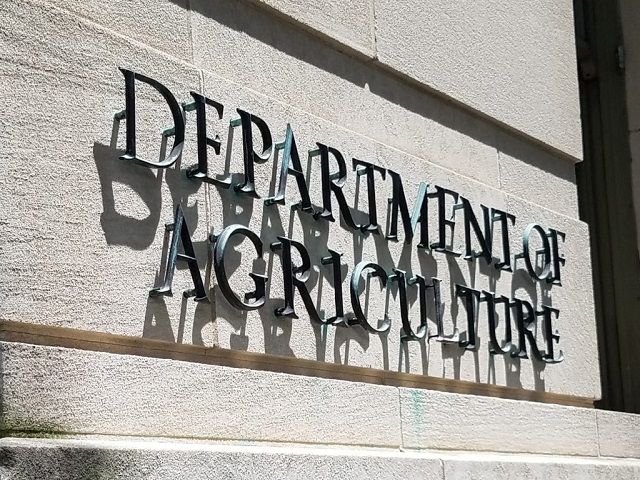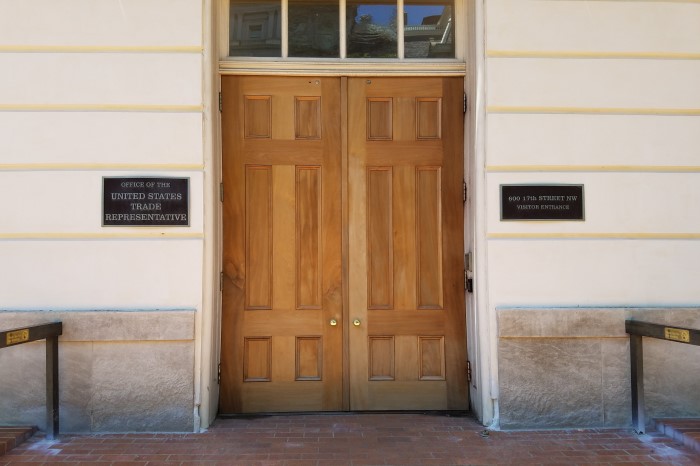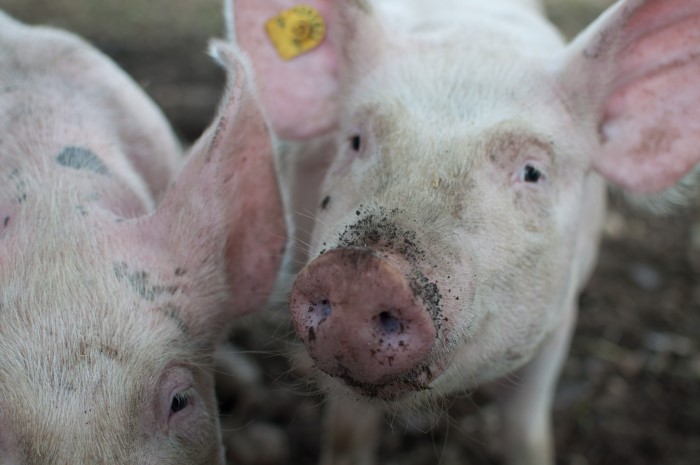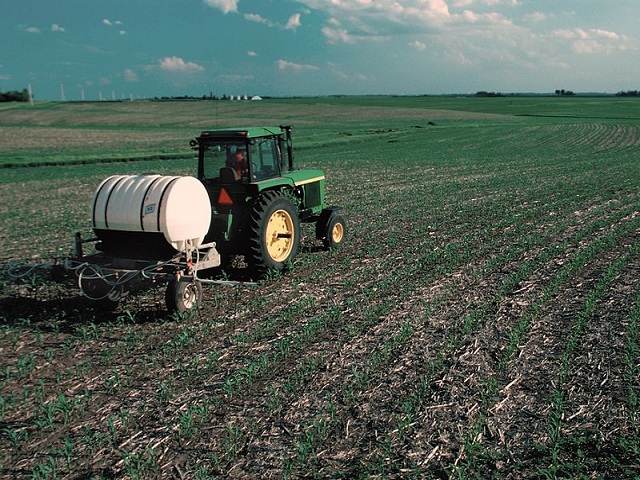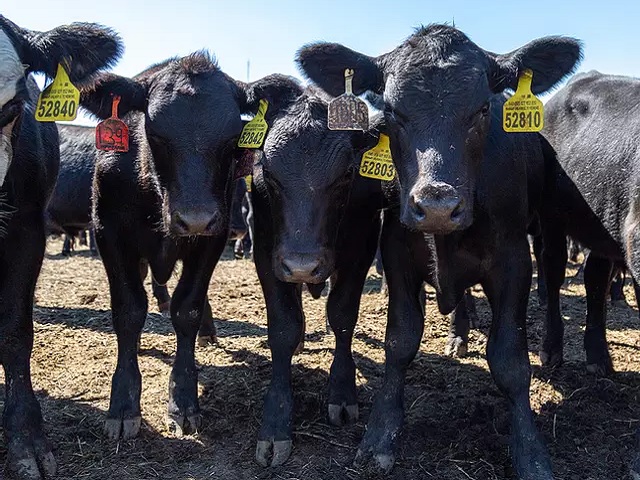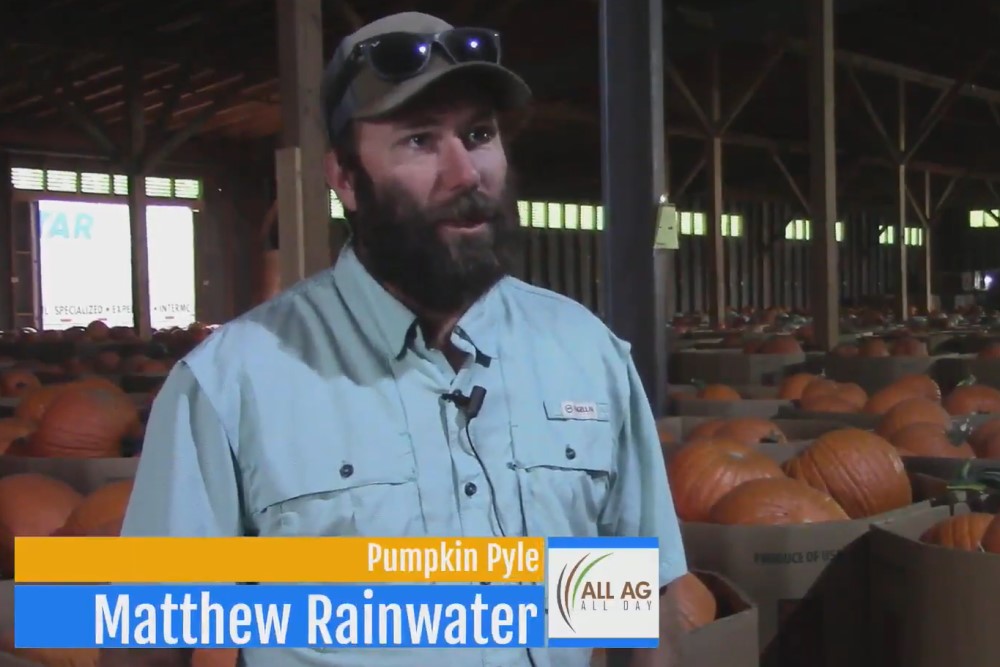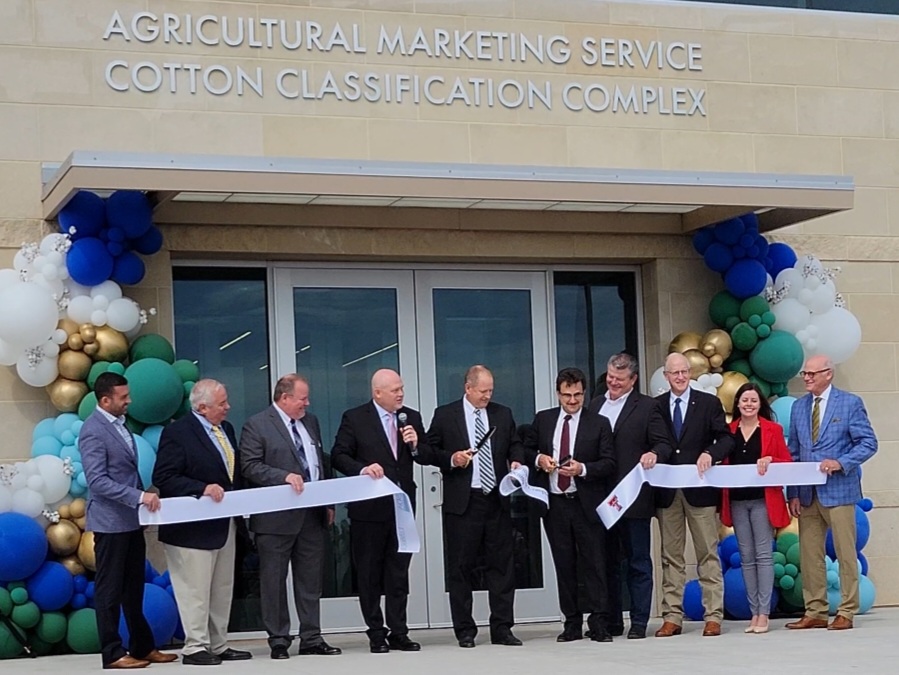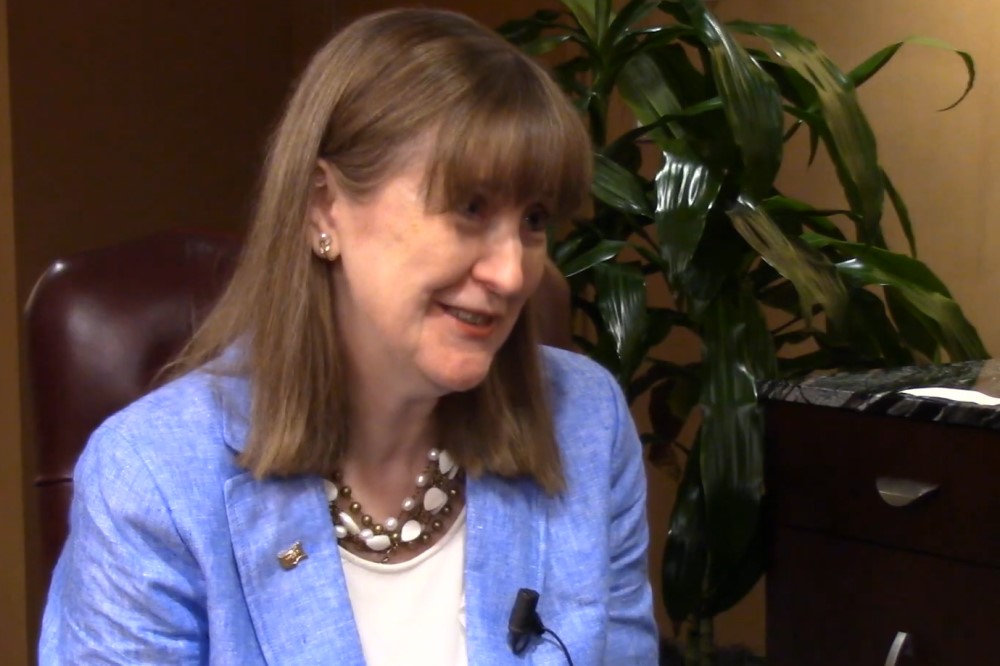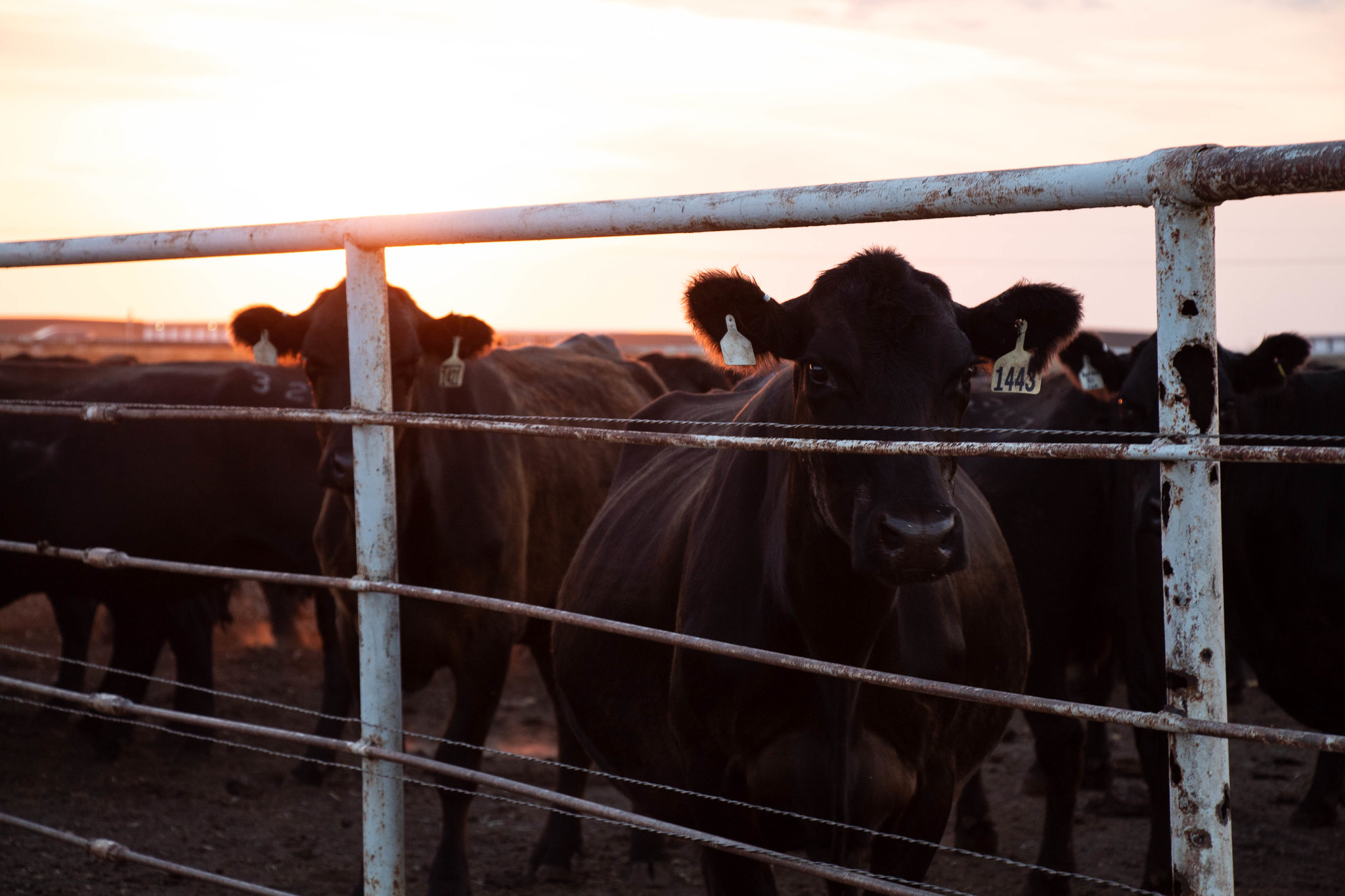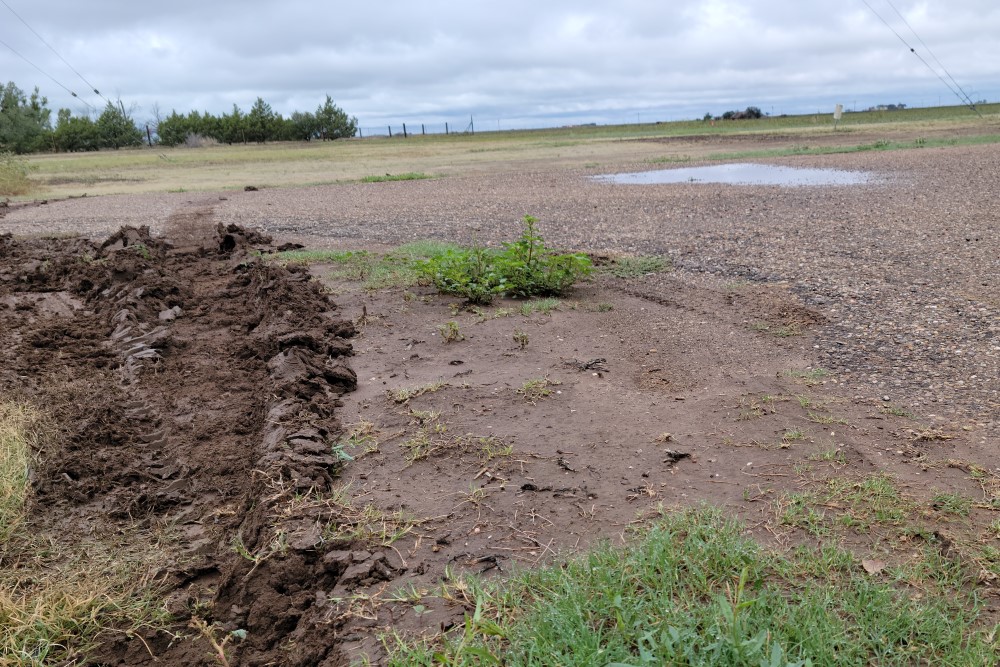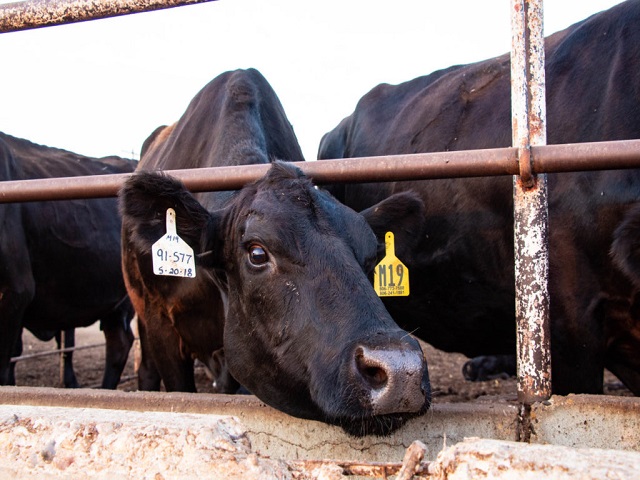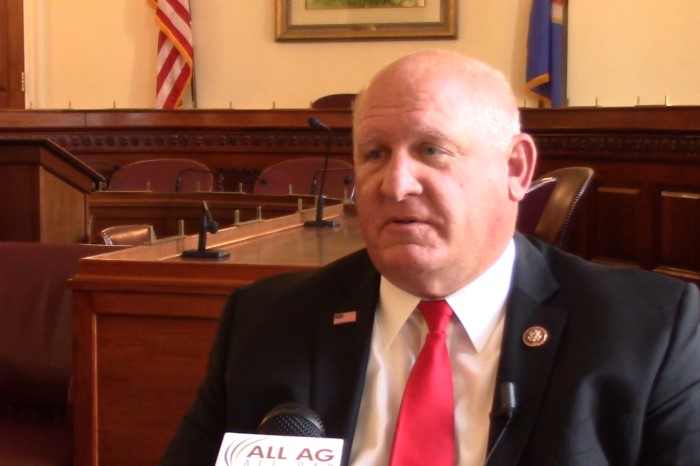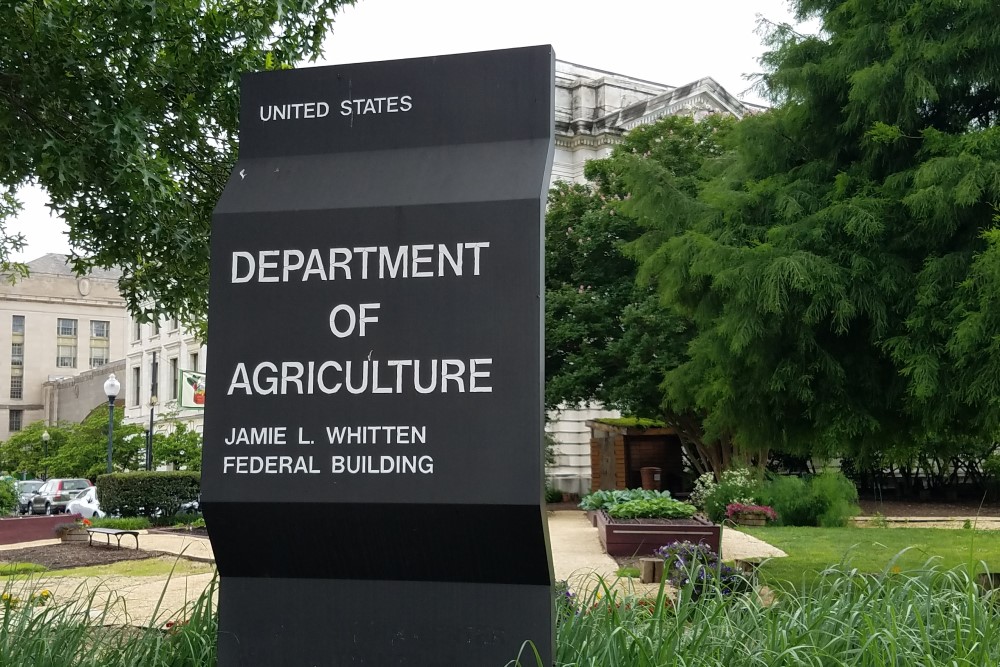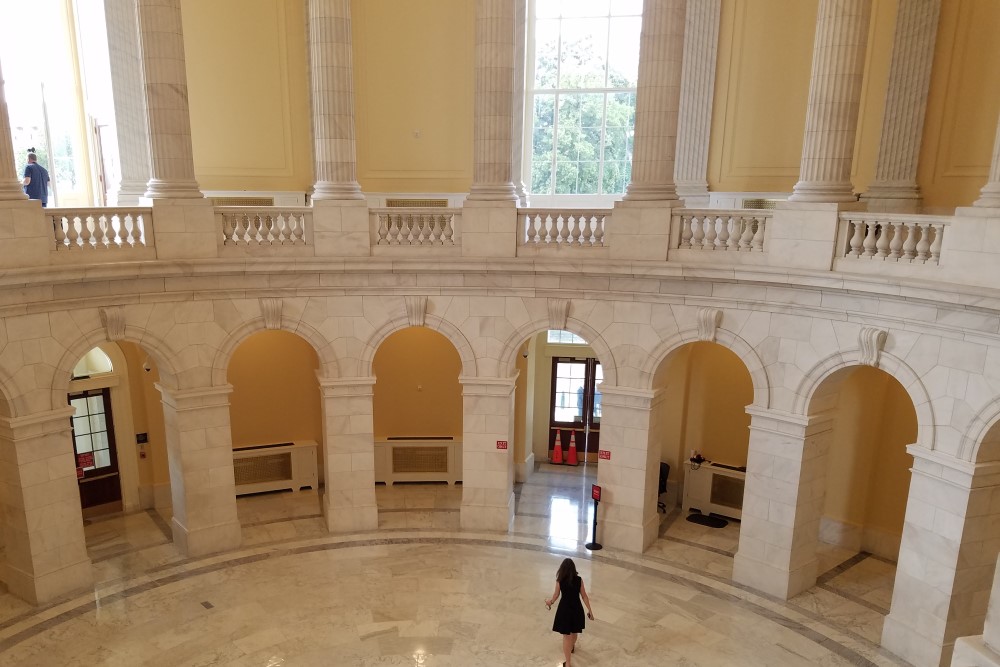Rural Agricultural Communities May See Capital Improvements Soon
(WASHINGTON, DC) When Congress passed tax reform legislation two years ago, an incentive was created to drive long-term equity capital to distressed communities. These “Opportunity Zones” allow taxpayers with qualified gains to invest them the communities in need of investment. Assuming requirements are met, the qualified gains are deferred until 2026 and a portion of the gains may permanently avoid taxation. In addition, some gains realized on the underlying qualified Opportunity Zone businesses are non-taxable when sold or transferred. The American Bankers Association submitted a comment letter to the Internal Revenue Service offering feedback on the proposed regulations asking the IRS to: clarify “eligible taxpayer” as all members of a consolidated group; include C corporations; provide flexibility with respect to the timing of investments; and modify the identification period for capital gains allocated from pass-through entities. ABA also urged the IRS to provide grandfathering and transition rules for taxpayers who have made good faith investments relying on the original statute and previously issued proposed guidance. For rural communities, many of which will meet the requirement, this could drive additional investments in agricultural-related businesses – especially for farmer cooperatives looking to offer more opportunities for their members.




